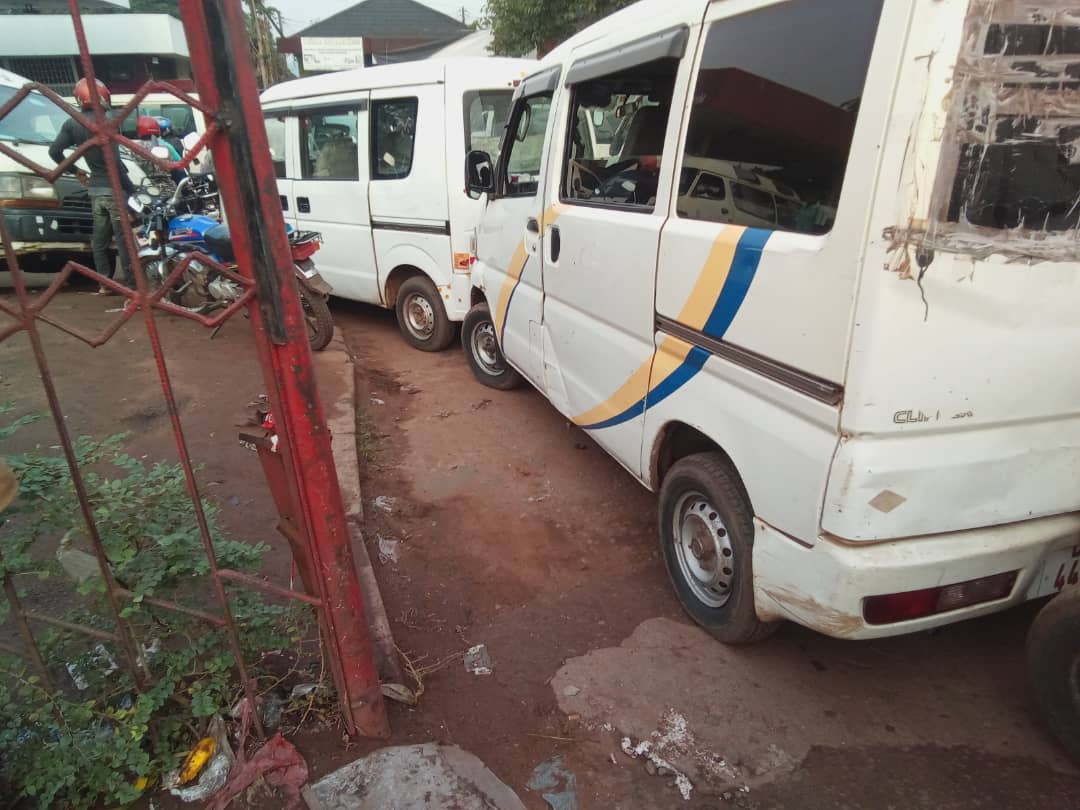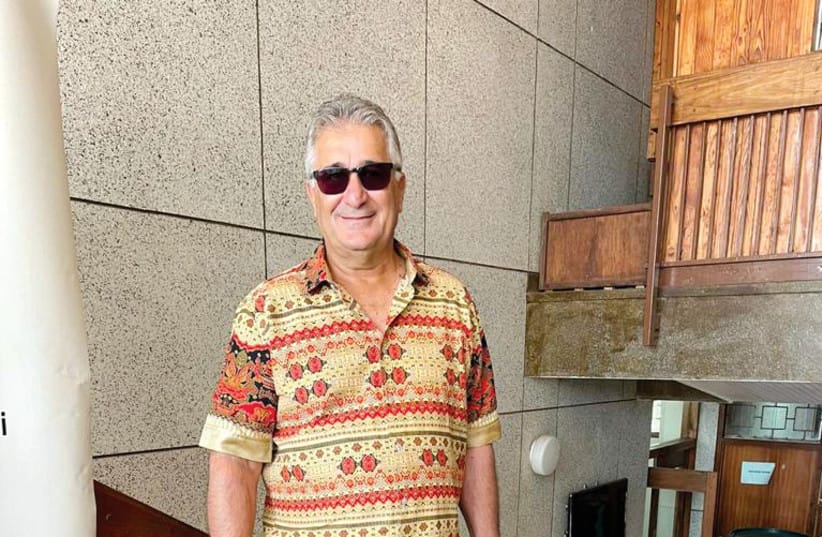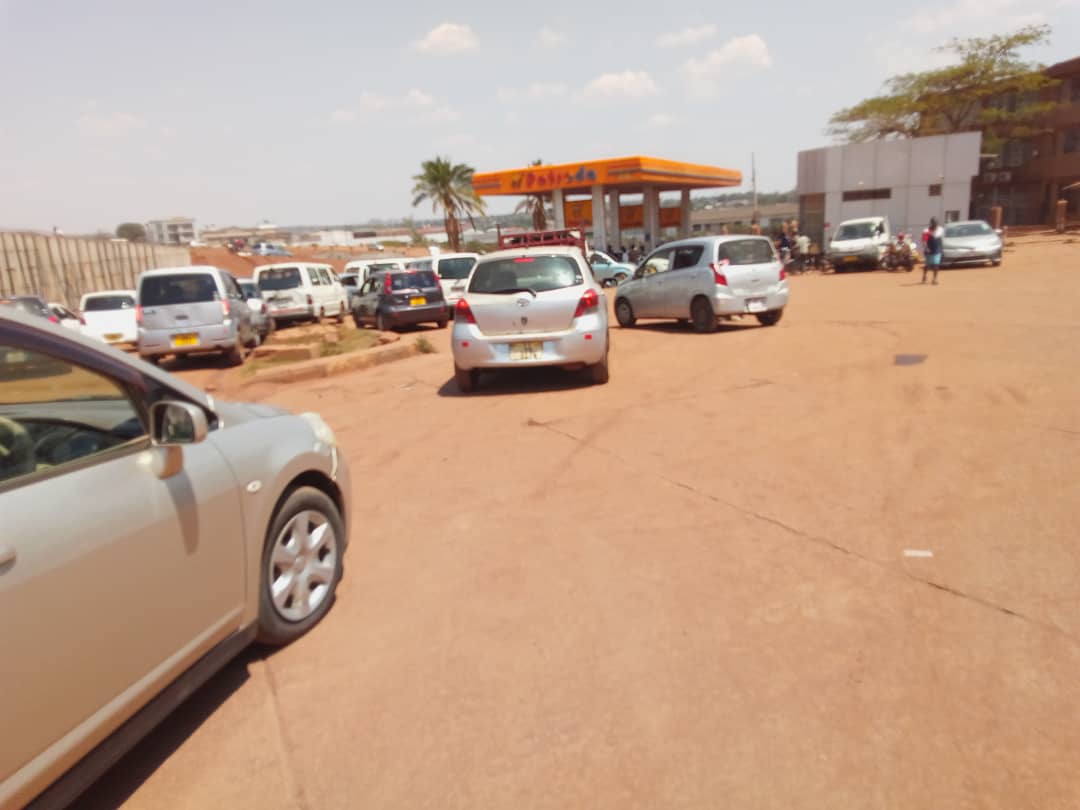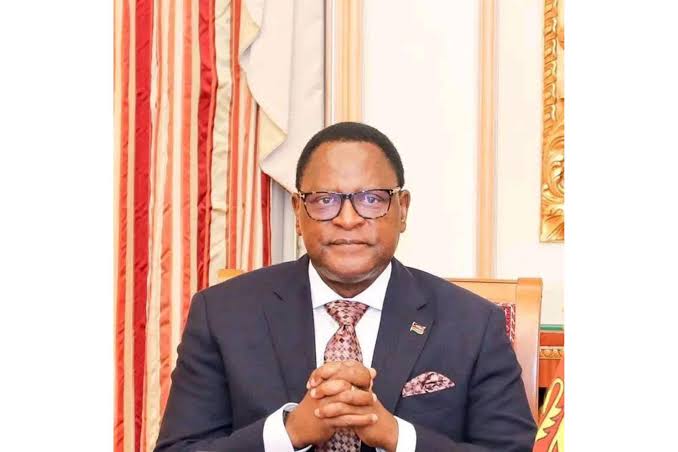By Burnett Munthali
As Malawi’s fuel crisis enters its third week, the repercussions are mounting, deeply affecting the country’s economy and especially burdening small businesses and motorcyclists. Black-market fuel prices have surged to K6,000 per liter—far above official rates—slashing the already narrow profit margins of entrepreneurs and transport operators. For motorcyclists, whose income depends on accessible and affordable fuel, the rising costs and limited supply create a double jeopardy, forcing many to rely on the black market. This crisis is not just a matter of high costs but a systemic threat to daily operations for those who drive Malawi’s informal economy.
The crisis has stirred widespread disruption across Malawi’s economy, evidenced by lengthy queues at filling stations and fuel scarcity in towns and cities. As fuel supplies dry up, many small businesses are forced to operate at a loss, impacted by not only inflated black-market prices but also the prolonged wait times at pumps. With increased operational costs and decreased efficiency, small businesses risk severe financial strain, and for some, the possibility of shutting down has become real. For motorcyclists, this has meant navigating fewer trips, higher fuel costs, and reduced profits, threatening their livelihoods.
Government officials, including Information Minister Moses Kunkuyu, have assured the public that relief is on the horizon. Alongside National Oil Company of Malawi CEO Clement Kanyama and Malawi Energy Regulatory Authority CEO Henry Kachaje, Kunkuyu has promised that fuel supply stabilization is expected by the weekend. However, given the ongoing scarcity, public skepticism remains high. The crisis brings to light underlying issues within Malawi’s fuel supply chain, suggesting that temporary fixes may not suffice without addressing systemic weaknesses. Fuel shortages are not new to Malawi, and each instance underlines the need for more robust, sustainable solutions in energy policy.
The national economic impact is severe. Malawi already faces high poverty rates, widespread unemployment, and limited resource access; prolonged fuel scarcity only amplifies these challenges. Transportation, essential to the flow of goods and people, is hindered by fuel shortages, which raises costs across nearly all economic sectors. For small businesses and entrepreneurs, higher fuel costs eat directly into their income, diminishing their resilience to weather broader economic pressures. The economic ripple effect is stark: each additional expense borne by small businesses or motorcyclists translates to increased consumer costs, reduced spending power, and slower economic activity nationwide.
Malawi’s path to recovery hinges on swift, sustainable actions to stabilize fuel availability and prevent similar crises. For small business owners, motorcyclists, and the country’s economic ecosystem, an affordable and steady fuel supply is not just a matter of livelihood but a foundation for broader economic health. Addressing these urgent needs will require both short-term logistical improvements—such as better fuel distribution—and long-term policy adjustments to secure Malawi’s energy future.
The lessons of this crisis must lead to more durable solutions. Strengthening Malawi’s energy sector, diversifying fuel sources, and ensuring consistent availability are crucial not only to avoid similar crises but also to support Malawi’s overall economic growth. For small business owners, transport operators, and communities, a stable fuel supply is essential to their work and well-being. Moving forward, Malawi’s leadership faces a crucial test in balancing immediate relief with systemic change that strengthens the nation’s economic resilience and energy security.




